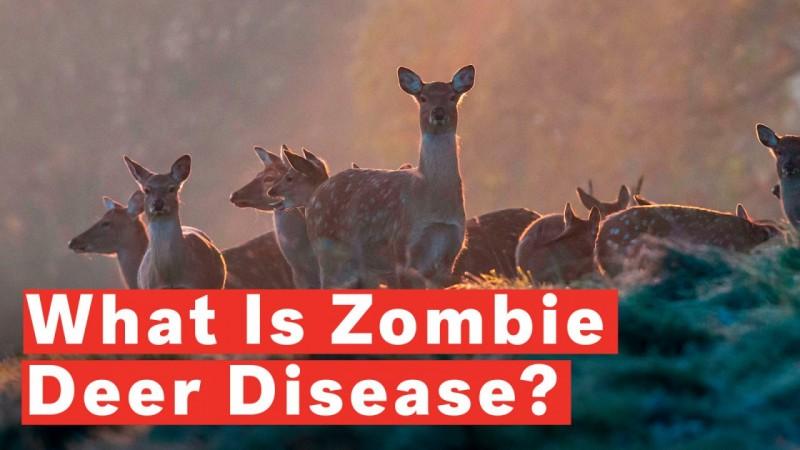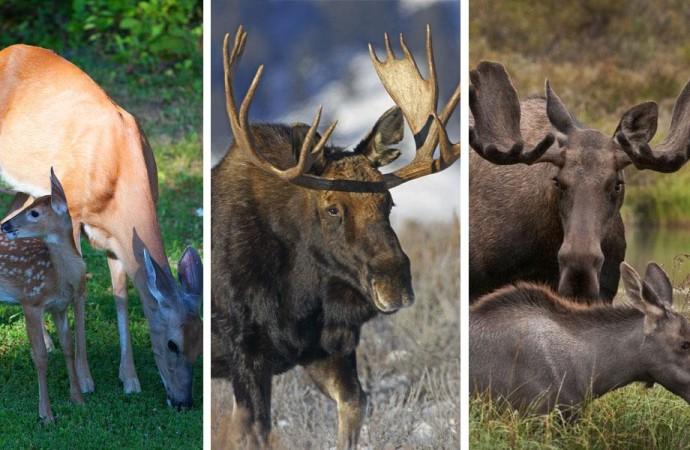
The chronic wasting disease, also called as "zombie deer" disease -- detected across America currently, may be spreading in humans, but there is no way to know it, according to a scientist.
Chronic wasting disease is a deadly and severely contagious neurological disorder found in deer caused by prions – abnormal, transmissible pathogenic agents. It causes emaciation, loss of bodily functions among deer, elk and moose, and has so far spread to at least 26 states in the US.
"We could be having human transmission occurring today and we wouldn't even know it," Dr Michael Osterholm, director of the Centre for Infectious Disease Research and Policy at the University of Minnesota, was quoted as saying to The Independent.
He said that it took nearly 10 years to detect human transmissions of the so-called mad cow disease, otherwise known as the variant Creutzfeldt-Jakob disease.
"We're dealing with a disease that is invariably fatal, incurable, and highly contagious. Baked into the worry is that we don't have an effective easy way to eradicate it, neither from the animals it infects nor the environment it contaminates," Dr Cory Anderson, also from the University of Minnesota, was quoted as saying to the Guardian.
While the zombie deer disease can be transmitted to humans, there have been to date no known human transmissions of the disease at this point, according to the US Centre for Disease Control (CDC).

According to experts, the absence of a "spillover" case yet does not mean it will not happen. It is one of a cluster of fatal neurological disorders that includes mad cow disease.
"The mad cow disease outbreak in Britain provided an example of how, overnight, things can get crazy when a spillover event happens from, say, livestock to people," Anderson said. "We're talking about the potential of something similar occurring. No one is saying that it's definitely going to happen, but it's important for people to be prepared."
Unlike the mad cow disease, the chronic wasting disease can be seen "in the muscle as well, so it's actually much more present in the meat that you're eating. Cooking doesn't do anything to destroy it," Osterholm said.
Officials said that the public can take steps to avoid coming in contact with it and not consuming contaminated meat.
(With inputs from IANS)















